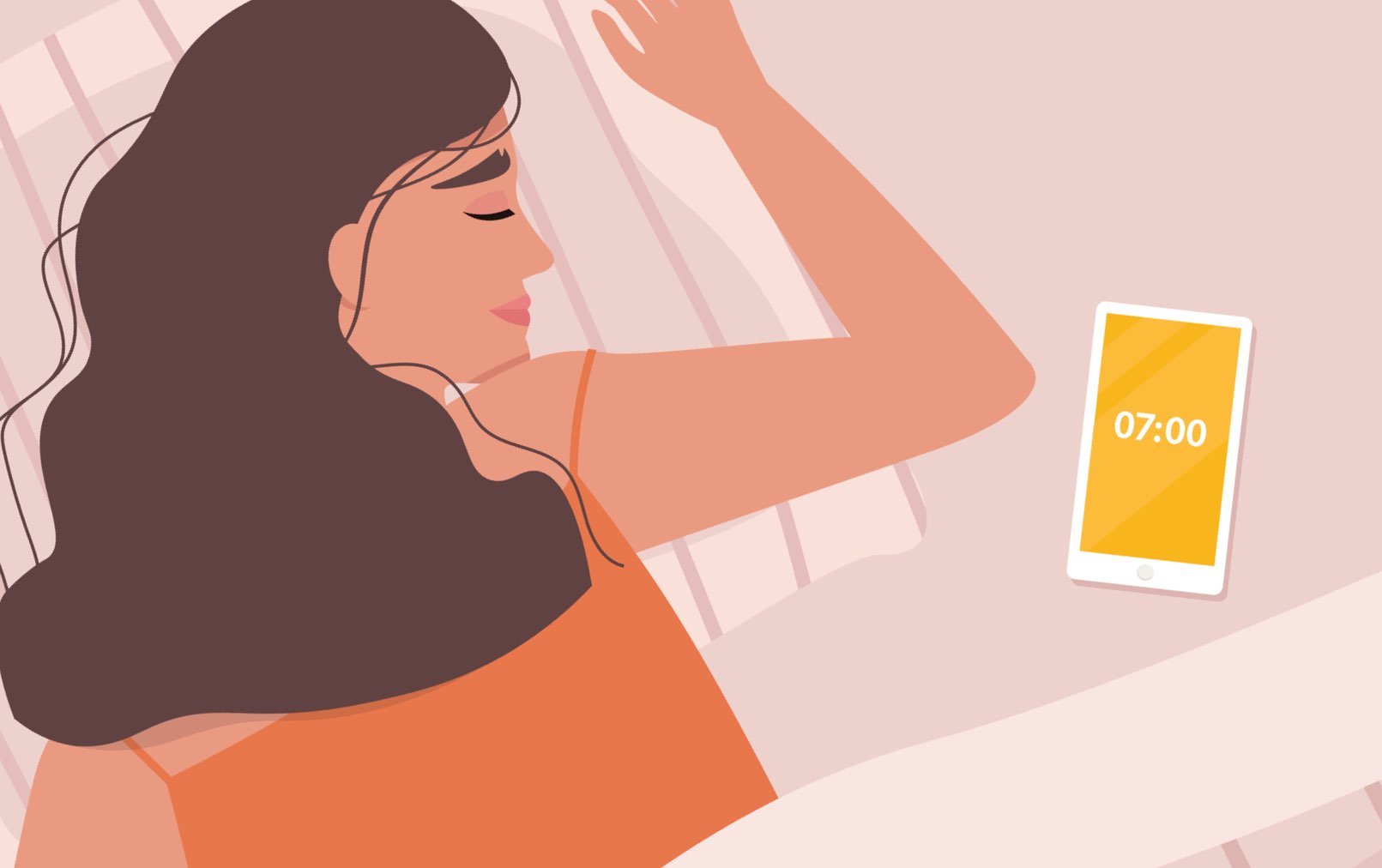A Tough Habit to Break
Confession: The first thing I do every day is check my iPhone. It’s on my nightstand. I say to myself I’m only going to stay on to do a quick check. Twenty minutes later, my attention has been hijacked by texts, emails, and news headlines. By the time I scroll through Facebook and Instagram stories and posts, my head is spinning.
I’m aware that this default routine is wreaking havoc on my brain and nervous system. I wake up calm and after five minutes on the iPhone, I feel the emergence of tremors and my brain is on overdrive. My neck muscles stiffen and my body is leaning to the right. Some days I listen to the warning signs quicker than others.
“What keeps me from changing this morning habit? I think it’s the addictive quality of technology and the brain being trained to have immediate information.”
I’ve struggled with the commitment and discipline it takes to stick to a healthier morning routine. Time and again, I tell myself that I’ll start the morning differently tomorrow. I’ve had some good stints of staying off the iPhone until I’ve had breakfast and gotten dressed. But eventually I find myself back to my old tricks.
I can commit to self-care through daily exercise and healthy eating. I keep myself educated through webinars and support groups. I participate in Improv for PD with Tightrope Theater and I’m a member of Young Onset Parkinson’s Network. I am also an Ambassador for the WPC Barcelona 2023. All of that takes commitment.
What keeps me from changing this morning habit? I think it’s the addictive quality of technology and the brain being trained to have immediate information. I have FOMO when I don’t check my phone first thing. Sometimes, I’ll admit, it’s a distraction from facing my feelings.
Well, I’m ready to stop. I have begun to start my day with a ten minute meditation before I power up the iPhone. I am asking myself: How do I feel? What do I want to accomplish today? What’s important to me? What area of my body needs attention. All of this before checking my iPhone, which I now keep far away from my nightstand. I got this.
About Miriam
I share my personal stories to offer a glimpse into what it is like to live with Young Onset Parkinson’s, revealing honest and intimate reflections. Hearing other people’s stories can be a lifeline for many of us living with this neurodegenerative disease. I hope to inspire and educate people living with Parkinson’s and to create community through shared experiences.



